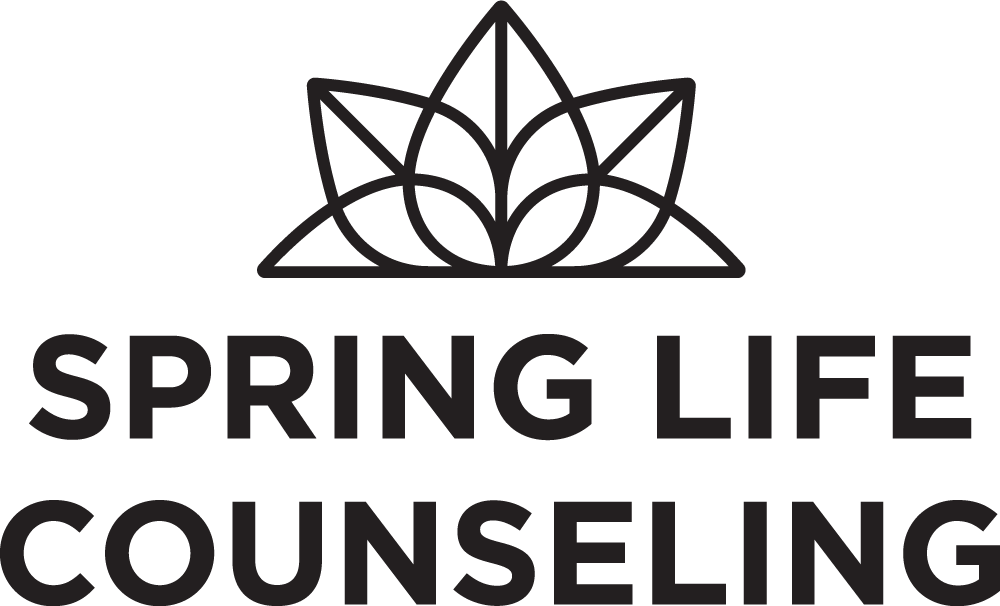Is it You or is it Me? Finding Your Best Therapeutic Fit
How to find Your Best Therapeutic Fit.
Whether it's while we are scheduling our initial visit or during our intake session, I frequently get asked this question: How will I know if you're the right counselor for me?That is a FANTASTIC Question. The simple fact that you're even asking that question is a good sign that you're ready to do great therapeutic work!
RAPPORT
In an ideal world, you would strike gold on your first therapy appointment and have awesome rapport from "hello." In reality, it may end up being more like test driving cars before deciding which make/model you actually want to end up with for the therapeutic journey.Beginning therapy can be nerve-racking enough already. The last thing you need is to commit to counseling with someone who makes you feel like the therapeutic equivalent of buying a compact car when what you really need is enough leg room to stretch out.
So how can you tell that you're on the right path with picking a therapist?There are two questions you'll want to keep in mind during your first session:
Does your therapist give you the impression that she knows what she is talking about?
Can you see yourself being comfortable sharing the ins and outs of your life with them?
If the answer to either of those questions is "no," it may be an indicator that you haven't quite found the right fit, therapeutically speaking. And that's totally ok. There is someone for everyone. It's not really even personal. Stay loyal to your goals and instincts and keep looking.I truly want you to be with someone who feels "right" to you, and if something in your gut is telling you that it's not me, I'd be more than happy to give you some great referrals who may better fit your needs and goals!
If the answer to both of the above questions is "yes," it's a good sign that you're on the right path in finding a good therapeutic fit. You probably won't be leaving the first session feeling like you're 100% sure about your therapist. But you should have a good sense that you could see it working out well.
Other Considerations:
You shouldn't leave your first session feeling judged, preached to, or confused.
You should have a good idea of how the therapy process works and an estimation of how long the process usually takes for goals similar to yours.
You should feel like your questions were answered and that you've found your way into the office of a person who isn't shocked by what you're saying.
You want to feel like you're sitting with someone who has been down this road before.
Within a few sessions, you should understand what therapeutic framework your therapist uses and how your goals may be met through that framework.
Before too long, you'll start to get a feel for the therapist's personality and communication style.
For me, I like to be very collaborative in the therapeutic process. I want to hear how you respond to things. You're a full partner in this process.I like to be goal-directed in therapy. We will have a clear understanding of what you'd like to address in your past or change about your current life before we really begin the work of therapy. I'm going to want to know where exactly you want to go before we put the car in drive.I tend to be very plain speaking and cut to the chase. And I shoot for discussing really difficult topics in really accessible ways.
With most people, I'm not exceedingly maternal. And no one has ever accused me of coddling.Not every therapist is like me, and not every client wants my style. Stylistic preferences may be dealbreakers for some clients. And that's 100% okay. Stay true to your gut and preferences!
Therapy Models:
Other people may care less about personality/style, but instead are looking for a specific therapeutic framework. Within a few sessions, you ought to be able to understand what therapeutic framework your therapist primarily uses and how it will fit with your goals.For individual work, I typically use EMDR and CBT. For couples work, I tend to use more of an EFT approach (though I am less model driven with couple work than individual work). To me, the lack of a strong therapeutic framework can lead to an endless string of putting out fires in your personal life, instead of addressing root causes. I find these therapeutic models to be the best fit both for my strengths as a therapist and for the types of clients that I see in my practice.
The bottom line is: the therapy process should work for YOU. You owe it to yourself to find the right person for you, your personality and your needs. Trust your gut and your instincts. You know what "yes" feels like to you, and a good therapist will always support that, even if it means you end up in someone else's office.
Check out this article for additional FAQ's about my practice and therapy in general. If you have any specific questions for me regarding therapy or my practice, please contact me here! I have offices in Baton Rouge and Walker, Louisiana.

